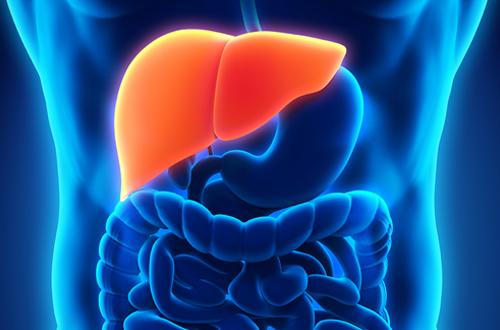#content#
Hepatitis C: OCU finds too high the price asked by pharmaceutical companies for Sovaldi
15 ene. 2015With the emergence of Sovaldi, a new drug especially effective for certain groups of patients with hepatitis C, OCU wishes to express its total rejection of a situation where a pharmaceutical company wants to take advantage of the circumstances by trying to set an unacceptable price: around 60,000 €. The treatment consists of a Sovaldi tablet daily for 12 weeks, to which must be added the cost of the other drugs that have to be combined with this. Apparently there have been negotiations between the Health Ministry and the manufacturer, Gilead, about pricing, negotiations about which the public knows little.
OCU understands that the argument used by the industry, the need to set high prices in order to fund research into new molecules, is not entirely true. The industry forgets that part of their investigation, at least in this case, has been done in public health centres and that the actual production costs are well below those figures.
It seems that, finally, Spain will pay for each 12-week treatment with Sovaldi combined with Simeprevir (another new generation antiviral already authorized by the Ministry) about 43,500 euros.
OCU points out that one has to be very wary of new drugs which, to date have been tested on groups of patients with very specific characteristics, and about which not much is known about their safety in the long-term. As with all new treatments coming onto the market - this is no exception – it is best to be cautious in their use while these doubts are cleared up.
Even so, OCU believes that the new treatments provide clear advantages in the fight against chronic hepatitis C infection in those patients in whom complications do not allow the use of conventional drugs, due to their greater adverse effects, or which are contraindicated or which simply cannot be used.
In Spain it is estimated that the total number of people who at some point have been infected is around 900,000, although between 20 and 30% of people in this group have healed spontaneously. Of the remainder, those who are without symptoms are in the majority. In these people proper medical monitoring to identify the ideal time to start treatment and with which drugs is fundamental. In those patients who should already be receiving treatment from one of the new antivirals, OCU considers any delay to be unacceptable. This applies to some 6,500 patients with decompensated cirrhosis who present at this time a high probability of dying from their disease if the virus is not eradicated. All patients with cirrhosis, although not decompensated (30,000 in our country) should be the next in line to receive this treatment.
Given this outrage, OCU believes that governments should not "play the drug companies’game". Its function is to defend the public interest and ensure public access to the medicines we need, while ensuring the sustainability of the system. States should enforce their purchasing power to reject the laboratories’ arbitrary proposals and negotiate reasonable prices. In Europe new drugs could be purchased centrally in order to have an even greater negotiating strength. In specific cases, it might even promote the issuing of compulsory licenses that allow their manufacture as generics, totally legal in cases of necessity. And all this without another minute’s delay in the treatment, where appropriate, with this drug for patients.
OCU reminds people that drug spending affects the sustainability of the health system. It is therefore important that rational pricing is applied to ensure that all patients who need drugs have access to them. It is unacceptable to play with the peace of mind and the health of patients and turn them into hostages of the pharmaceutical companies in order to set exorbitant and extraordinary prices.
OCU believes that transparency of the health system and in this case transparency related to the financing of drugs and hospital pharmaceutical expenditure is an essential step so that we know if our public resources are used efficiently, in order to ensure universal access to quality health care. It has therefore launched a campaign about the transparency of hospital information, which is still running:
http://www.ocu.org/salud/derechos-paciente/informe/peticion-transparencia
OCU will request a meeting with the Ministry of Health to pass on its concern about this case or others with similar features that may arise in the future.
For more information (media) Eva Jimenez Tel. 917 226 061 prensa@ocu.org

